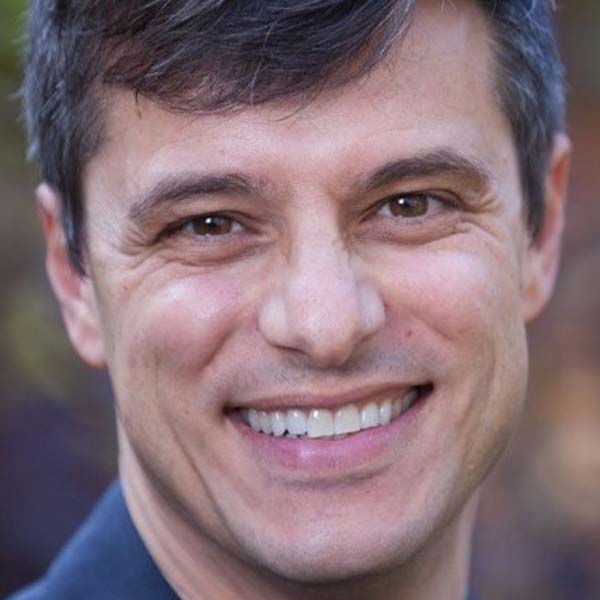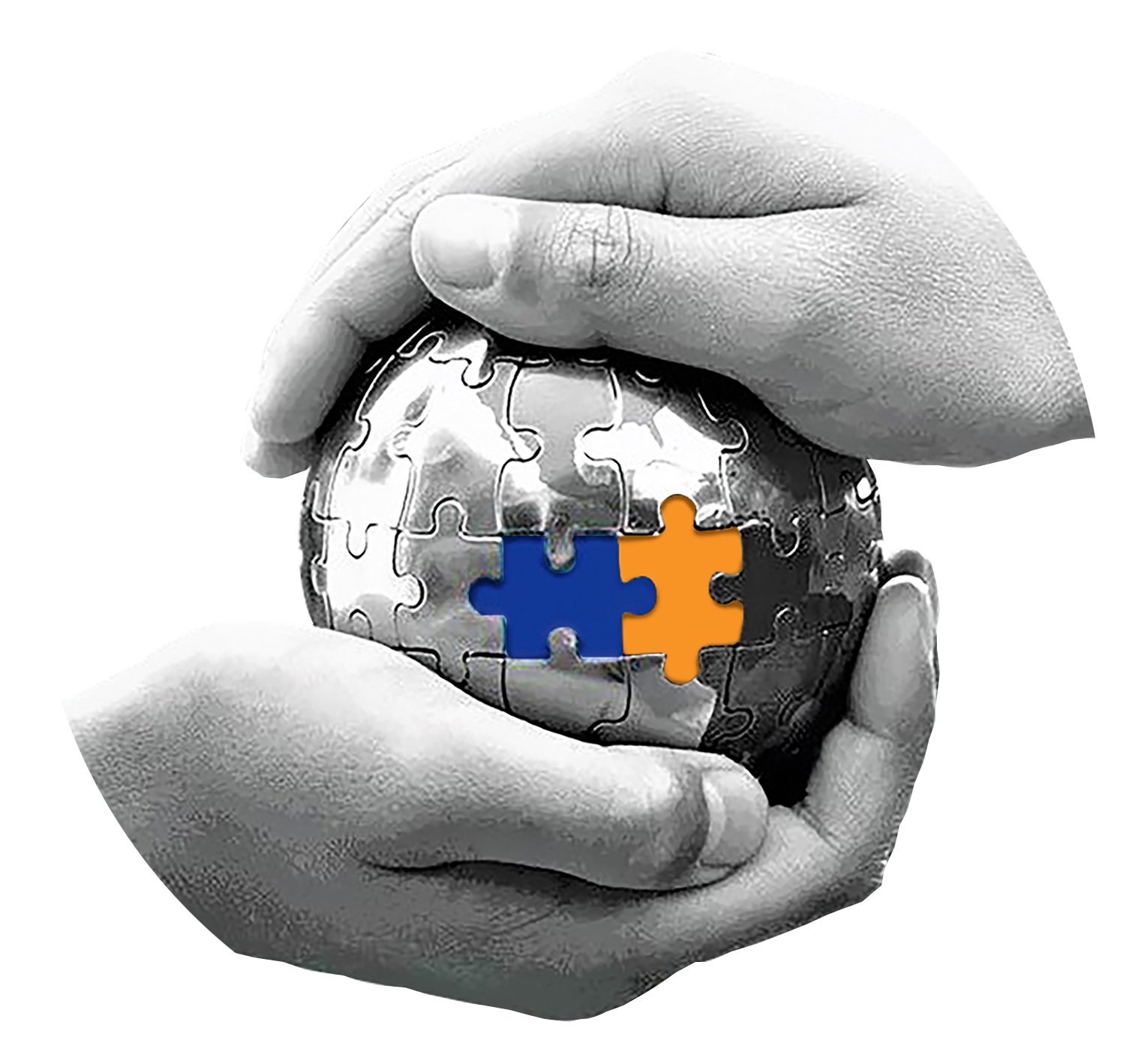
Join our NETWORK
Get all latest news, event updates and access to resources & information.
To recieve a copy of your certificate of completion, please click on the button below, fill in the form and a copy will be emailed you.
Most modes of psychotherapy believe to have “parts” is pathological. NOT in Internal Family Systems (IFS). In IFS, the idea of multiplicity of the mind is normal. Every part has a good intention, and every part has value, including the challenging and seemingly ‘stuck’ parts of trauma survivors.
In the treatment of trauma, IFS differs from traditional phase-oriented treatments. Instead of starting with building resources in clients before processing traumatic memories, it welcomes extreme symptoms from the onset, learns about their positive protective intentions and gets their permission to access the traumatic wounds.
IFS is the treatment method that all clinicians should know. Nearly all clients with a trauma history have innate abilities that help them improve their mental health if they listen to their parts. IFS does just that. IFS is an evidence-based approach for clinicians working with traumatized clients. Once you see it in action, you’ll want to incorporate it into your practice.
Clients will leave your office with skills to use outside the therapy room to help them master their emotions. This experiential training will show video demonstrations and include exercises and meditation techniques to use with your clients.
In this four-part webinar, you will have the opportunity to learn the IFS method for working with complex trauma step-by-step from highly acclaimed clinician, author and trainer, Dr. Frank Anderson.
Treating the Various Types of Trauma
Internal Family Systems (IFS): Permanent Healing of Emotional Wounds
Managing Common Co-Morbidities
Differentiating Therapeutic Issues from Biological Conditions
The IFS Technique
Step 1: Identifying the Target Symptom
Step 2: Gain Access to Internal Strengths & Resources for Healing
Step 3: Finding the Fear and Function of the Symptom
Attachment Disorders and Relational Trauma
The Neurobiology of Trauma
Dealing with the Extreme Reactions of Trauma
How Neuroscience Informs Therapeutic Decisions
Step 4: Permanent Healing of Traumatic Wounds
Integrate IFS into Your Treatment Approach
To generate your course completion certificate, please enter your details in the form below and a copy of your certificate will be emailed to you shortly.

Frank Anderson, MD, completed his residency and was a clinical instructor in psychiatry at Harvard Medical School. He is both a psychiatrist and psychotherapist. He specializes in the treatment of trauma and dissociation and is passionate about teaching brain-based psychotherapy and integrating current neuroscience knowledge with the IFS model of therapy.
Dr. Anderson is a Lead Trainer at the IFS Institute with Richard Schwartz and maintains a long affiliation with, and trains for, Bessel van der Kolk’s Trauma Center. He serves as an advisor to the International Association of Trauma Professionals (IATP) and was the former chair and director of the Foundation for Self Leadership.
Dr. Anderson has lectured extensively on the Neurobiology of PTSD and Dissociation and wrote the chapter “Who’s Taking What” Connecting Neuroscience, Psychopharmacology and Internal Family Systems for Trauma in Internal Family Systems Therapy-New Dimensions. He co-authored a chapter on “What IFS Brings to Trauma Treatment in Innovations and Elaborations in Internal Family Systems Therapy” and recently co-authored Internal Family Systems Skills Training Manual.
Dr. Anderson maintains a private practice in Concord, MA.
Frank has presented for Delphi twice in 2021. His webinars are both available On-Demand

Delphi Training and Consulting acknowledges Aboriginal and Torres Strait Islander Peoples as the Traditional Owners and Custodians of the lands and waters which we share. We pay our respects to Elders past, present and future. We acknowledge and recognise it is the oldest living culture in the world and that sovereignty has never been ceded. It always was and always will be Aboriginal land.


Delphi is an inclusive and safe organisation. We respect, celebrate and support diversity, the inclusion of children, young people and adults from LGBTQIA+ communities, people with disabilities, people from CALD backgrounds and people with diverse religious beliefs or affiliations.


Get all latest news, event updates and access to resources & information.

To recieve a copy of your certificate please enter your details in the form below, you will recieve a copy of your certificate after submission.